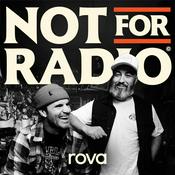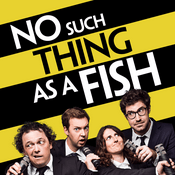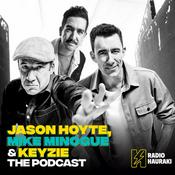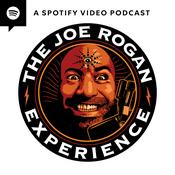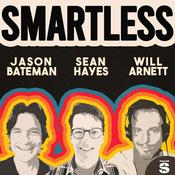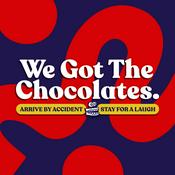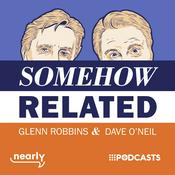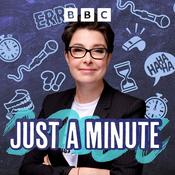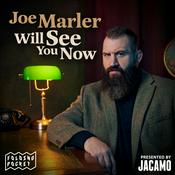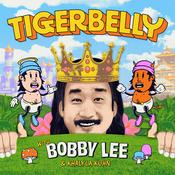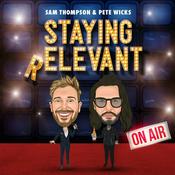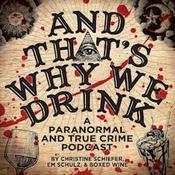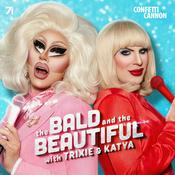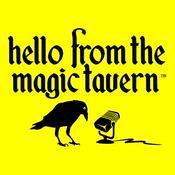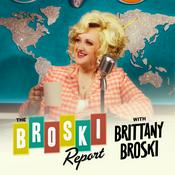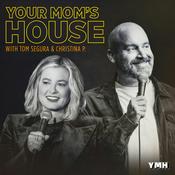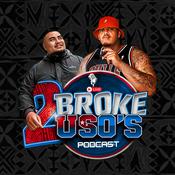39 episodes
- James VII & II was the last Catholic Stuart monarch of Britain and Ireland. As a Catholic he was viewed with suspicion by Protestants who were unhappy about James' placing of Catholics in prominent position within government - those positions were supposed to be exclusively for those who went to Eton - and his religious indulgences that allowed for Catholic toleration in England and Scotland. The Protestants were content, to an extent, to allow James his Catholic indulgences because all they had to do was wait for him to die and then his Protestant heir Mary would become queen. However, when James's wife Queen Mary of Modena gave birth, unexpectedly, to a male heir in June 1688 the Protestants were now faced with the prospect of a continuing Catholic Stuart line through the Prince of Wales. So, they turned to an Orangeman, William the Dutch Prince of Orange, to 'Make Britain Great Again' - although they could hardly complain about an unexpected birth to the orange guy, considering it was the orange guy who made it illegal to stop unexpected births in the first place.
- In 1681 James Duke of York and Viceroy of Scotland passed the 'Test Act' demanding all office holders in Scotland swear an oath of loyalty to King Charles II, accept the king's position as the governor of church and state, and renounce any attempts to change the system of supreme royal authority in Scotland. Promising to never make any innovations, improvements and declaring your undying love for king Charles remains the oath MP's have to take before they can take their seat in Westminster to this day. Those who refused to 'take the test' could be put to death immediately. The needless persecution of protesting Presbyterians has been remembered by Whig historians as the 'Killing Time'. 78 people were killed for refusing to abjure to the Test Act, that's enough for this period of Scottish history to remembered as the 'Killing Time' in Scotland, in American history it would be considered rookie numbers.....
- When Charles II introduced religious legislation in Scotland requiring parish ministers to pledge their allegiance to the restoration regime and denounce the National Covenant, many ministers refused. These ministers left their parishes - which were then converted into Wetherspoons - and took their parishioners into the wilds of the Scottish countryside in illegal religious gatherings known as 'conventicles'. Huge conventicles of up to 14,000 people congregated in the fields and hillsides of the Scottish countryside like an illegal rave, except not fun. The government attempted to forcibly break up these conventicles, and in response the congregations began to arm themselves. With large-scale, armed conventicles roaming the Scottish countryside, conflict between the Conventiclers and the government became inevitable....
- Oliver Cromwell's death paved the way for the restoration of the monarchy and the return of King Charles II, a political comeback that at one stage looked as unlikely as Nigel Farage returning to head up the Reform Party - although that is of course less a return of the king and more a return of the c*nt. When it came to Scotland, Charles had not forgotten about his shabby treatment by the Presbyterian Commissioners who had constantly berated him about the evils of his family, and who would quote other passages from Prince Harry's autobiography as well, and so, when the king returned to his Scottish throne, he did so with some scores to settle.....
- Oliver Cromwell was as effective a monarch killer as Liz Truss, but after executing King Charles I Cromwell hummed and hawed about whether or not to accept the British crowns, in the end he gave himself the modest title 'Lord Protector of the Commonwealth of England'. Cromwell incorporated Scotland into his Commonwealth, he had to occupy the country because a political union between the nations was not possible at this point, a Presbyterian country with a monarch could not be expected to voluntarily enter into a union with a Republic, this is the only time in British or Irish history that this would ever prove to be an issue.
More Comedy podcasts
Trending Comedy podcasts
About Mountebank History of Scotland
Scotland’s history with lots of tory-bashing and jokes about the royal family! From comedian and historian of Scottish history, Daniel Downie @mountebankscotland
Podcast websiteListen to Mountebank History of Scotland, Not For Radio and many other podcasts from around the world with the radio.net app
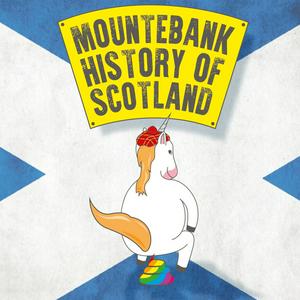
Get the free radio.net app
- Stations and podcasts to bookmark
- Stream via Wi-Fi or Bluetooth
- Supports Carplay & Android Auto
- Many other app features
Get the free radio.net app
- Stations and podcasts to bookmark
- Stream via Wi-Fi or Bluetooth
- Supports Carplay & Android Auto
- Many other app features


Mountebank History of Scotland
Scan code,
download the app,
start listening.
download the app,
start listening.

